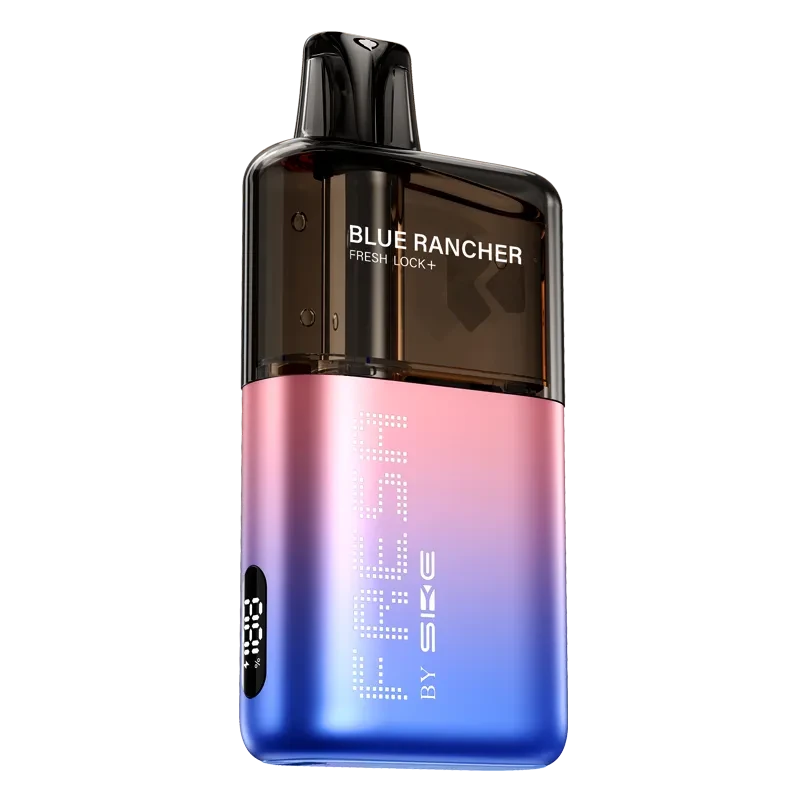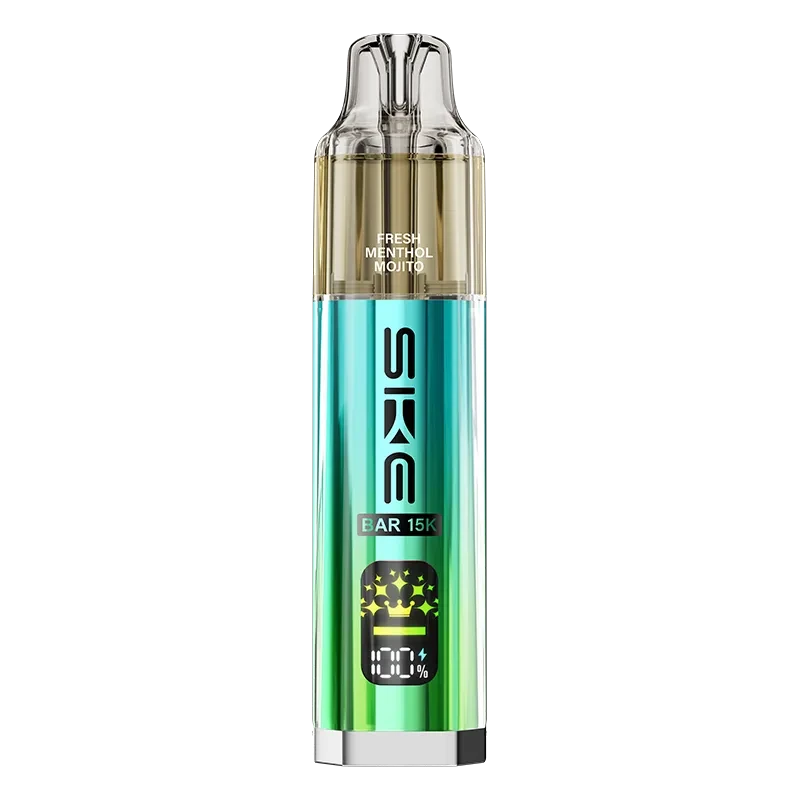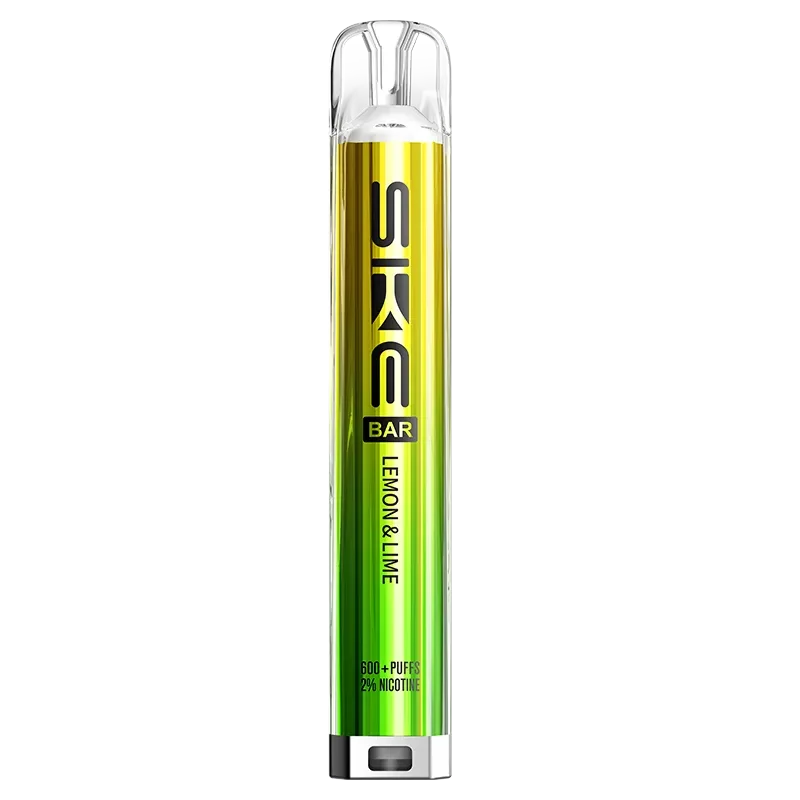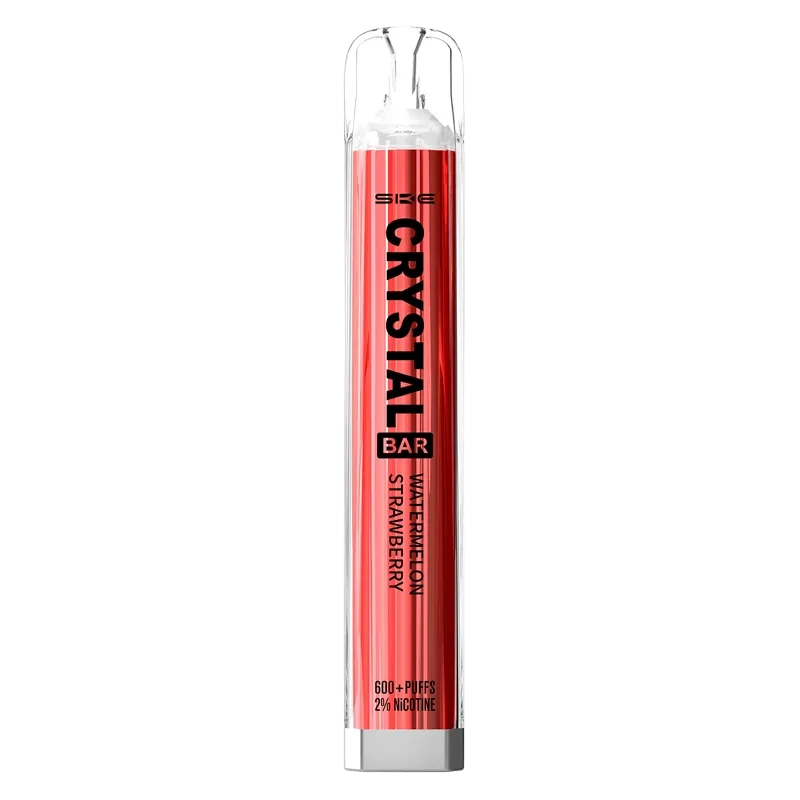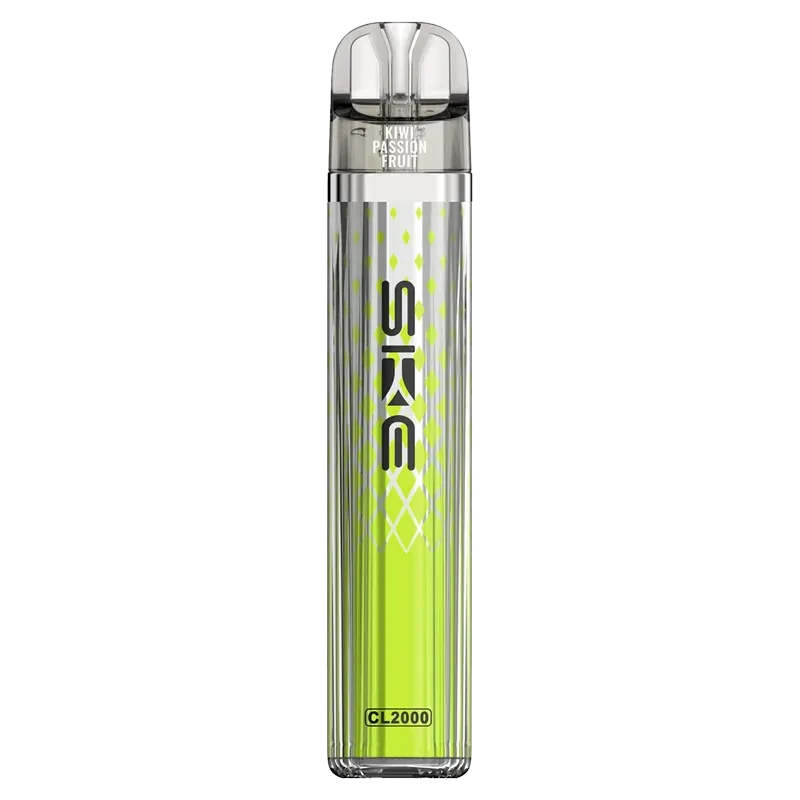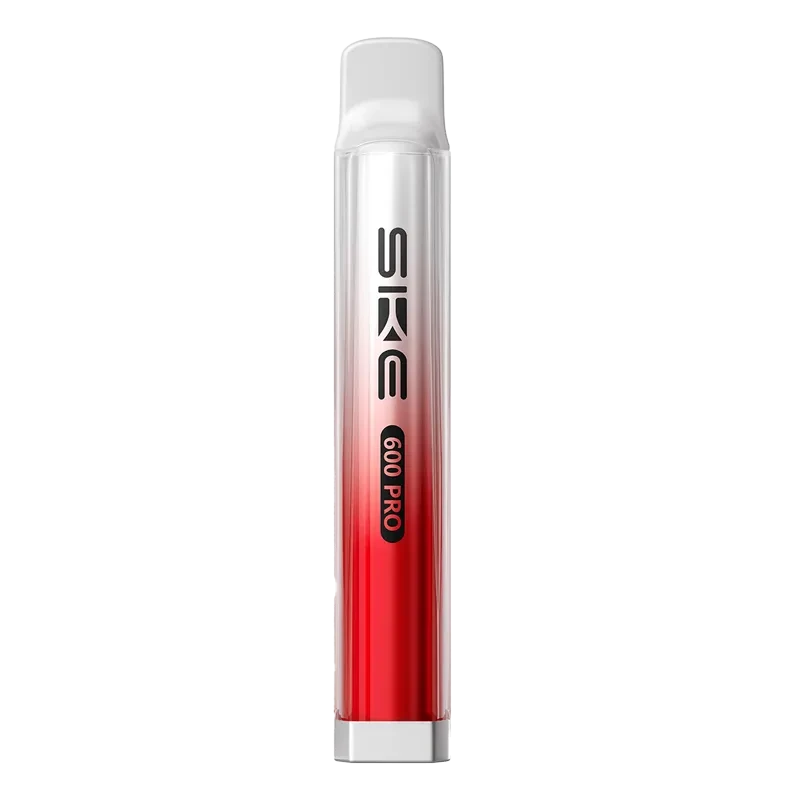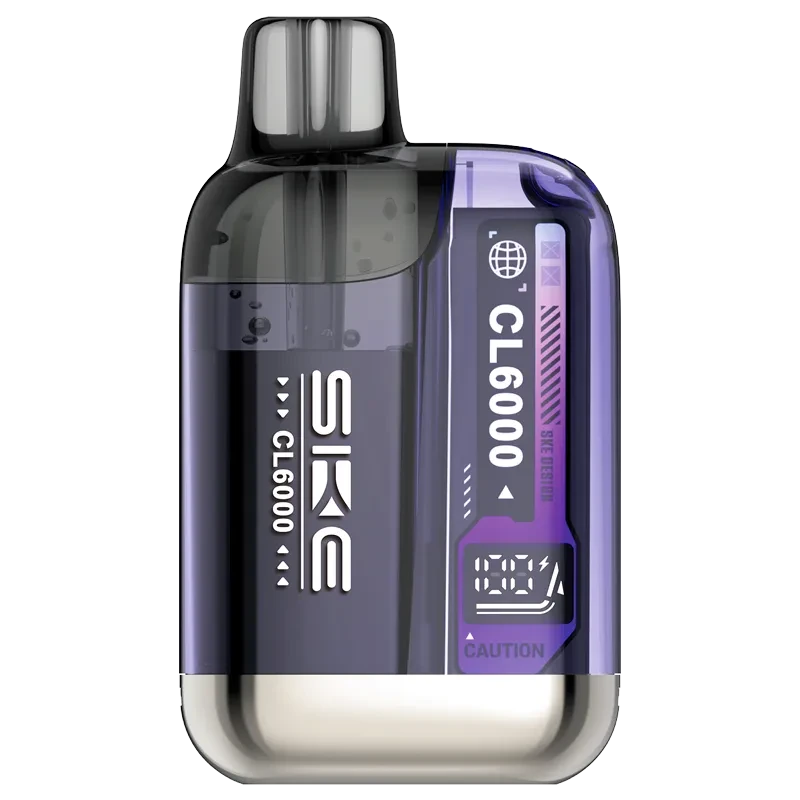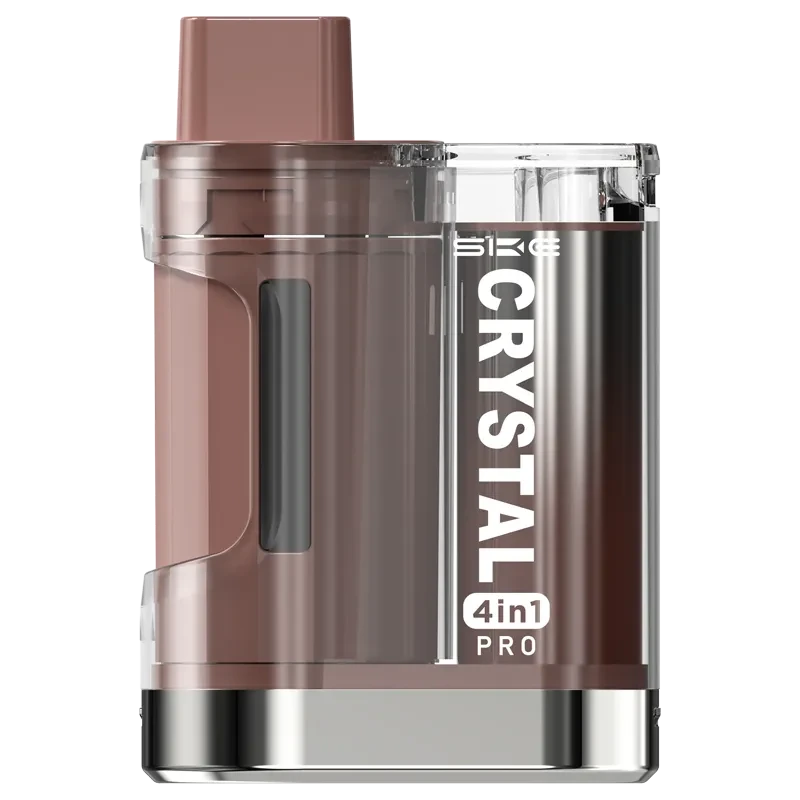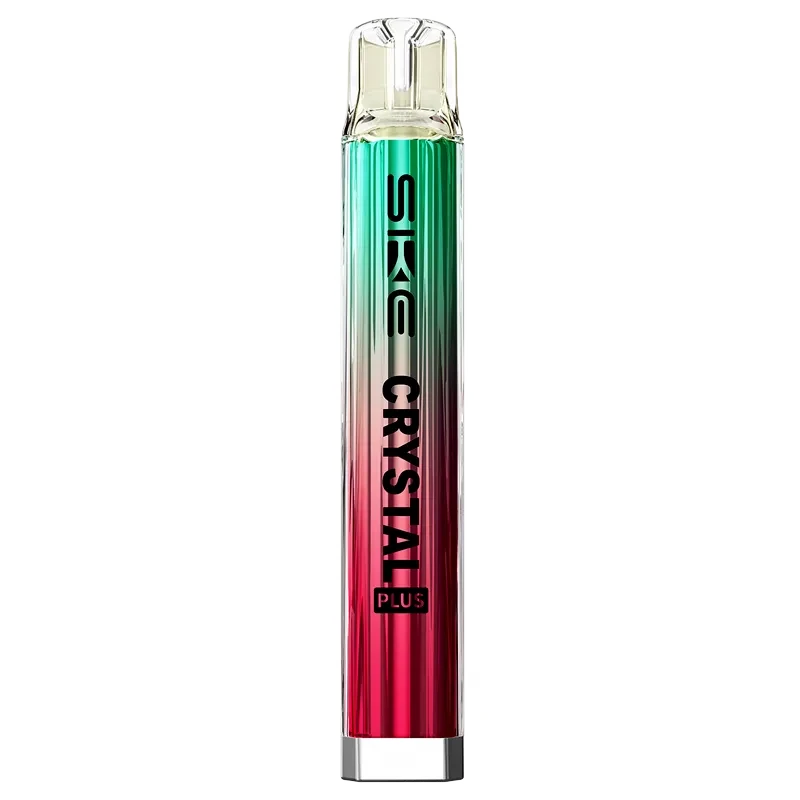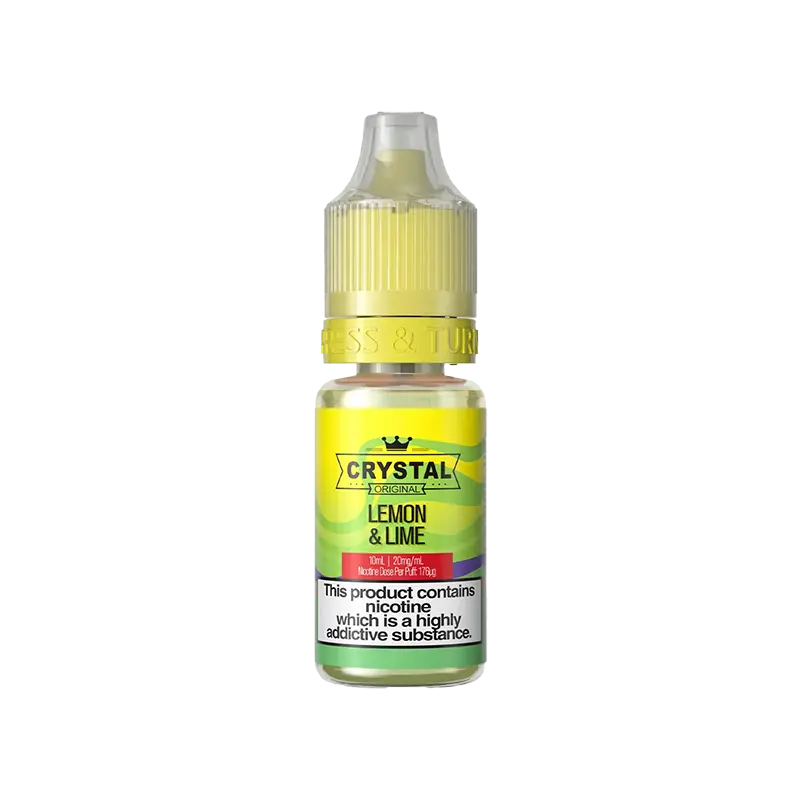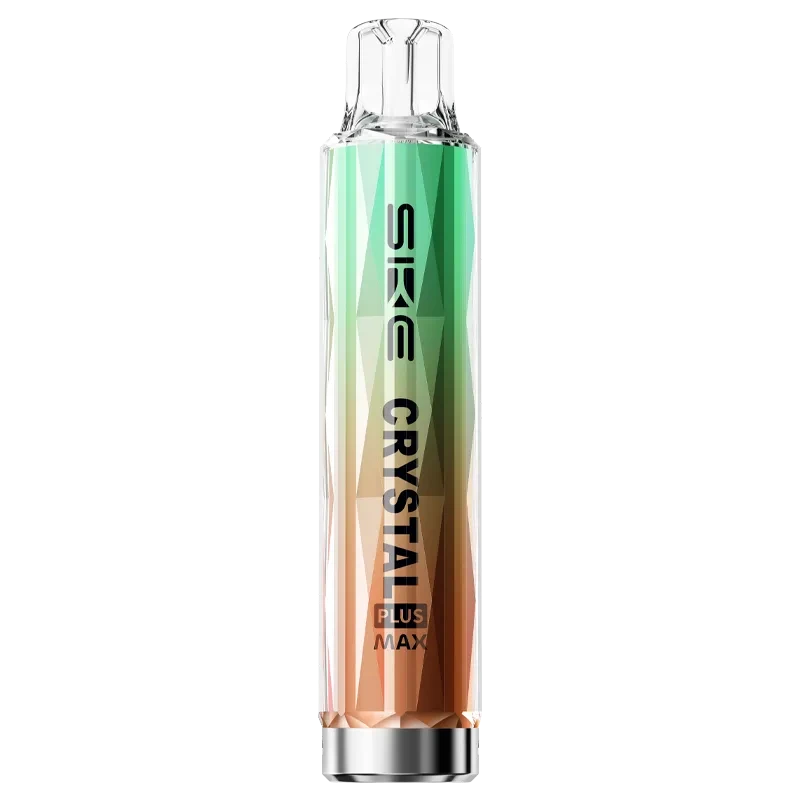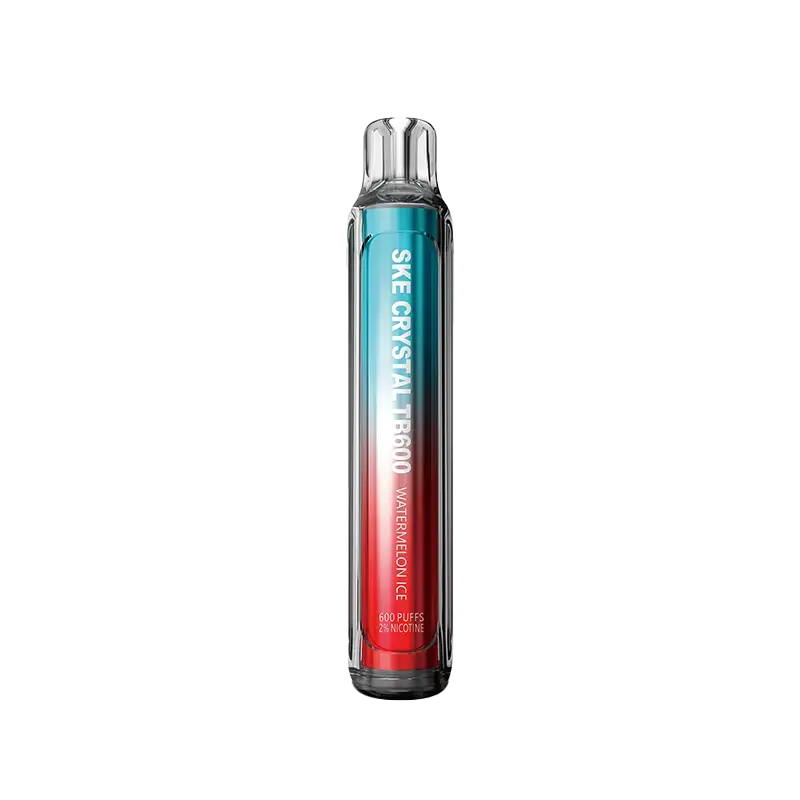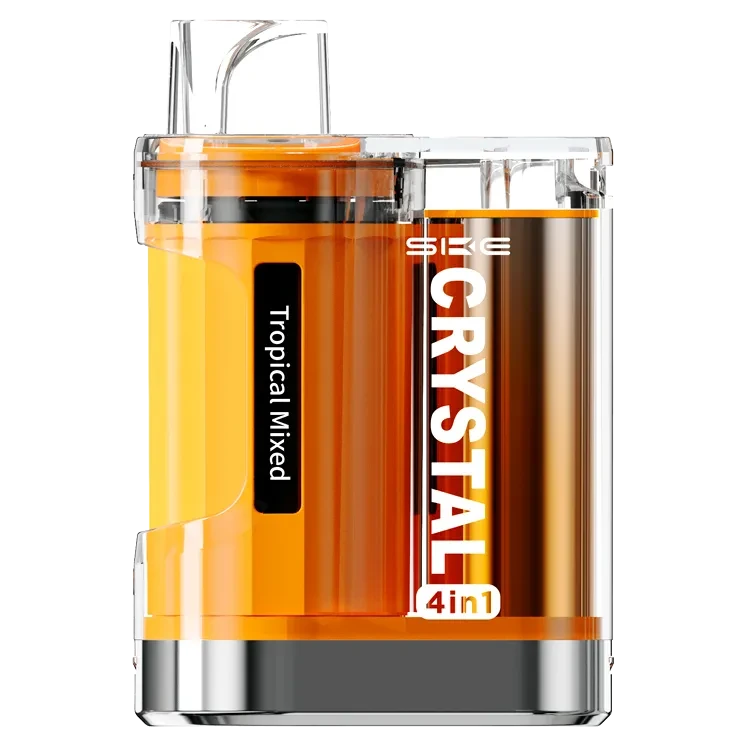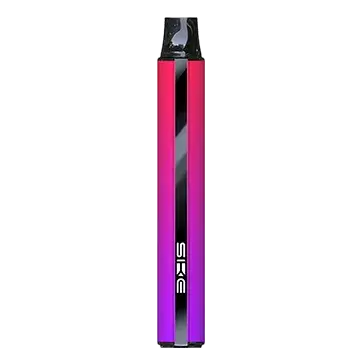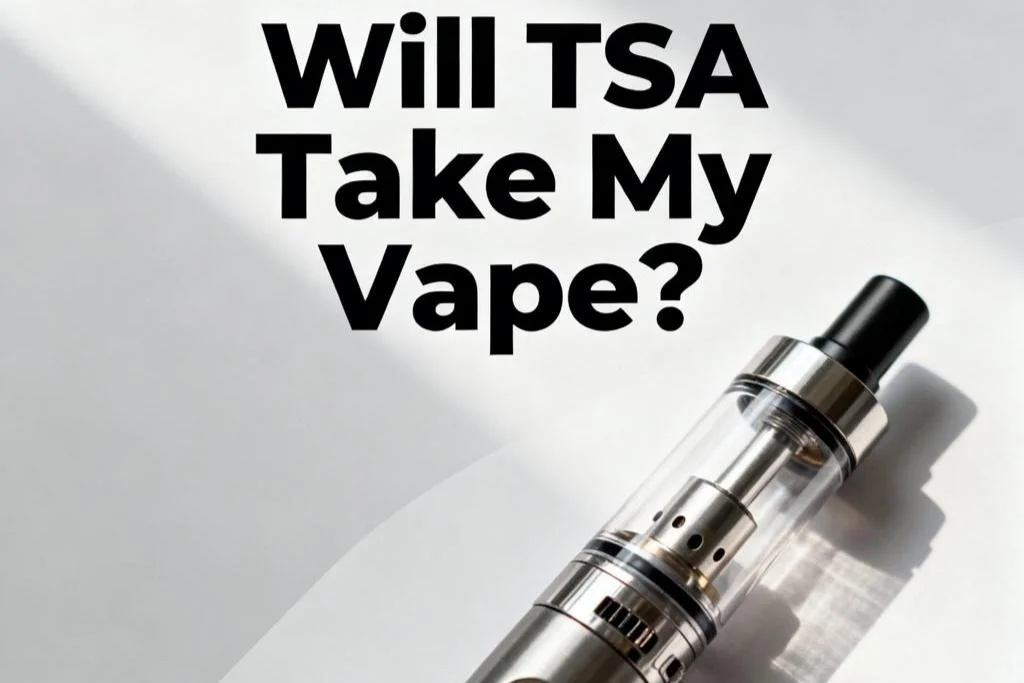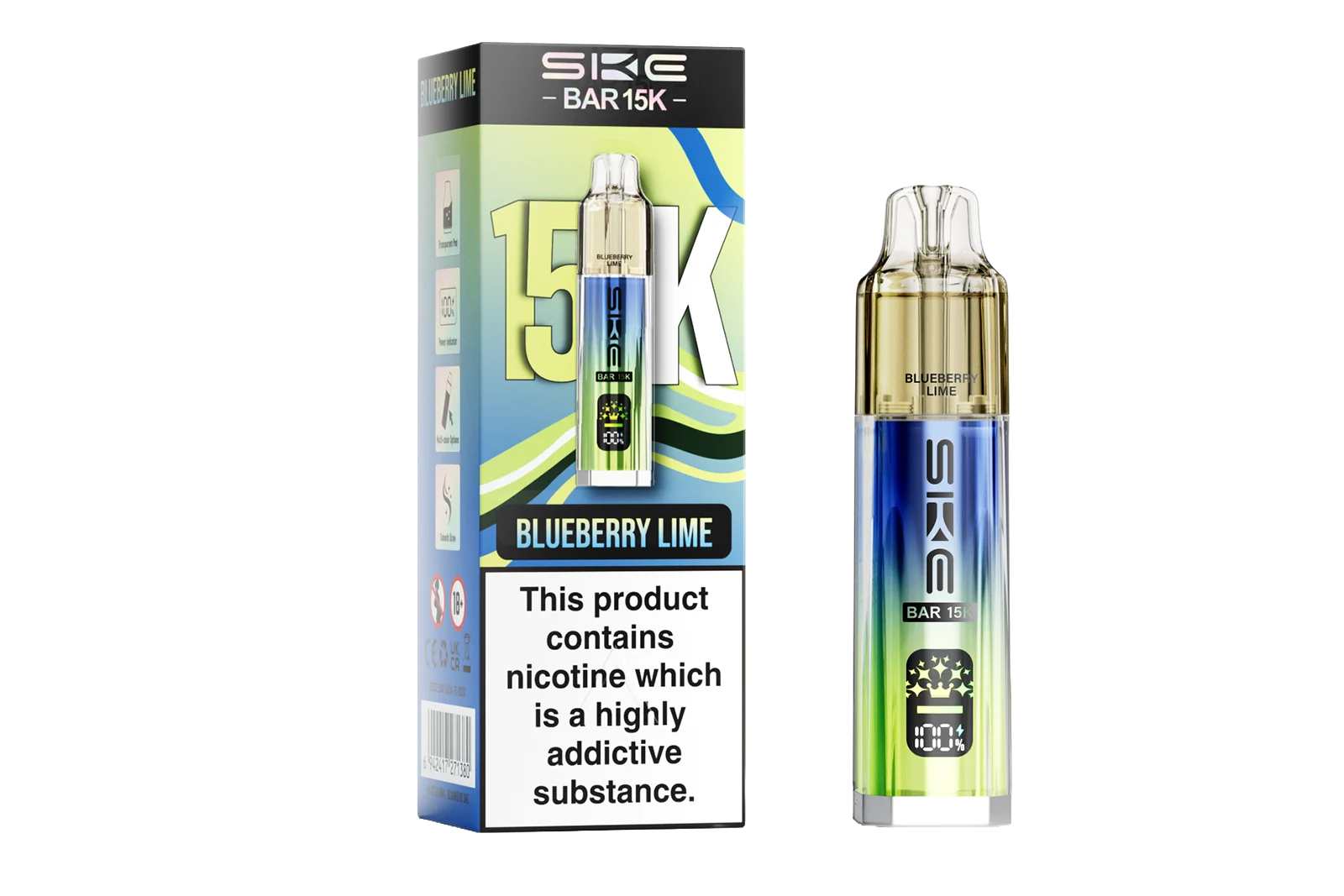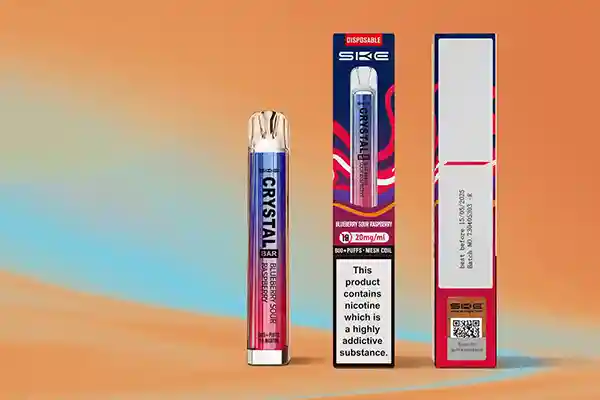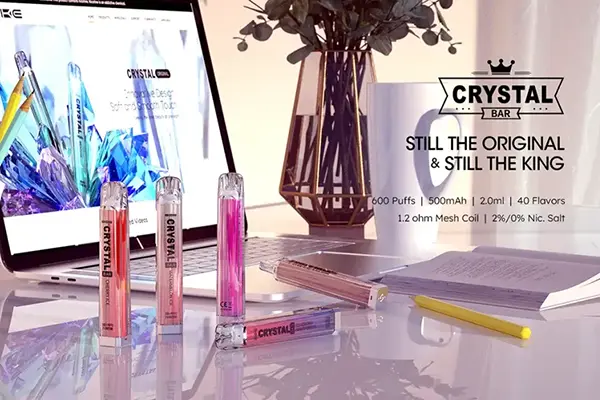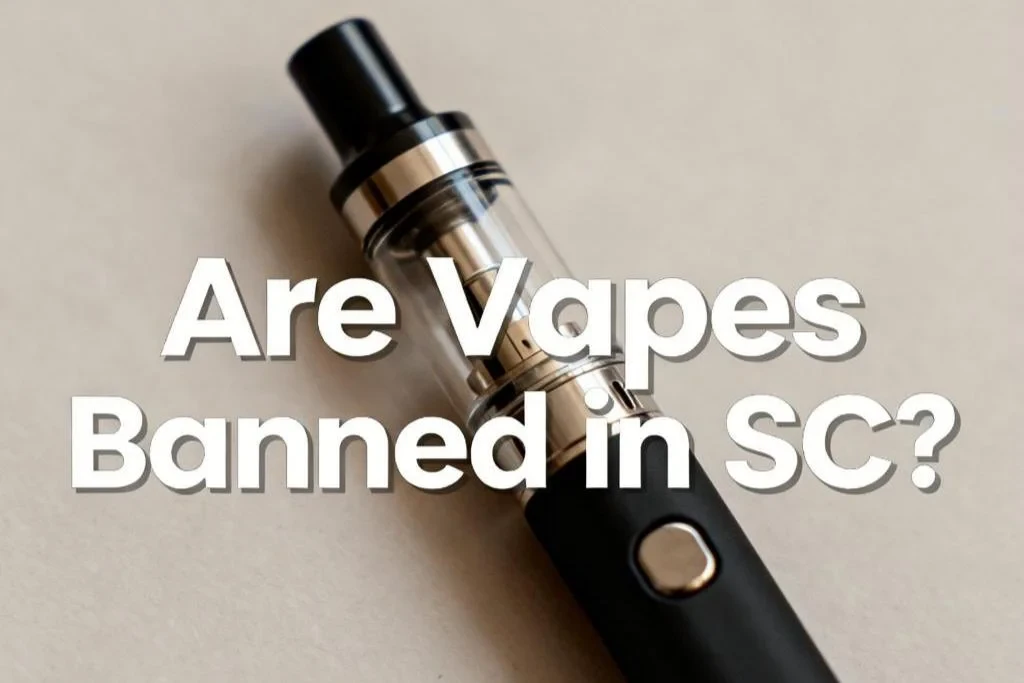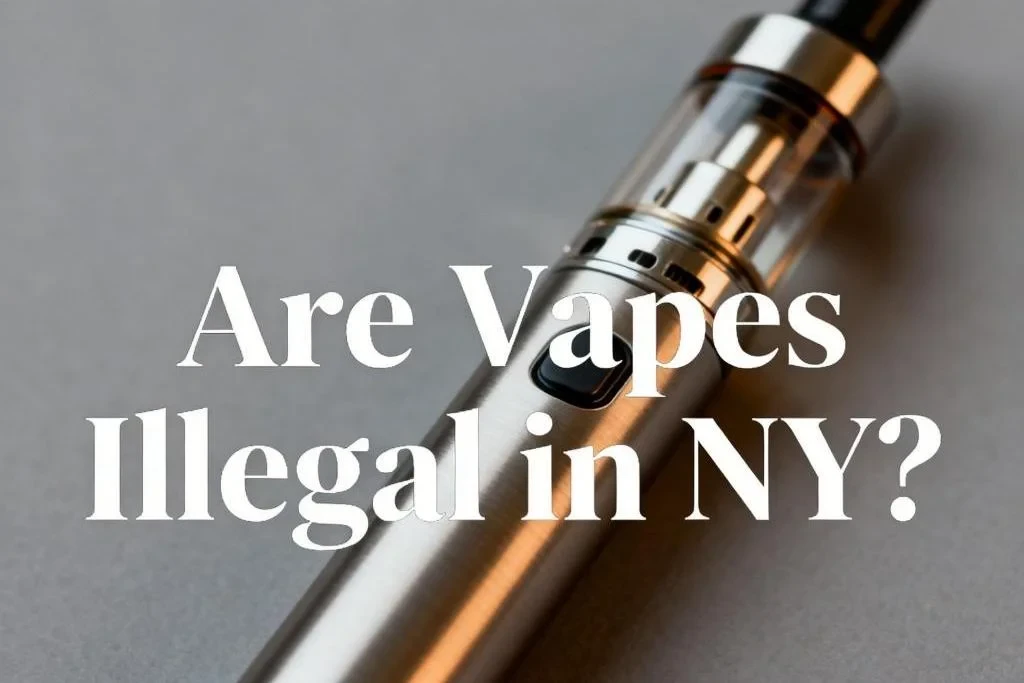DOES VAPING CAUSE SPOTS?
As vaping continues to grow in popularity, many users—especially teenagers and young adults—are beginning to question its impact on skin health. One of the most commonly searched concerns is: does vaping cause spots? Whether you're noticing more breakouts since you started using a vape or you're considering vaping and wondering about its effects, this guide explores the science and anecdotal evidence behind the connection between vaping and spots.
Can Vaping Cause Acne or Spots?
There is currently no definitive scientific consensus that vaping directly causes acne. However, a growing number of dermatologists and healthcare professionals believe that vaping may contribute to skin issues in several indirect ways.
1. Nicotine and Skin Health
Most e-liquids contain nicotine—a substance known to affect blood flow and hormone levels. Nicotine can constrict blood vessels, reducing the delivery of oxygen and nutrients to the skin. This may impair skin healing and potentially worsen pre-existing acne conditions. Additionally, nicotine may stimulate sebum (oil) production, which can clog pores and lead to spots.
2. Hormonal Imbalances
Nicotine and other compounds in e-cigarettes may disrupt hormonal balance, especially in younger users. Hormonal fluctuations are a well-known trigger for acne breakouts. While this effect varies by individual, those already prone to acne may notice a flare-up after they start vaping.
3. Dehydration and Dry Skin
Vaping can cause dehydration, as propylene glycol (PG), a common ingredient in e-liquids, absorbs water. Dehydrated skin may produce more oil to compensate, which can result in clogged pores and breakouts. Dry, flaky skin also makes acne harder to treat effectively.
4. Inflammation and Oxidative Stress
Some studies suggest that the chemicals in vape aerosols can increase inflammation and oxidative stress in the body. Inflammatory responses are a key factor in acne formation. For sensitive skin types, this inflammatory reaction may result in red, irritated, or spot-prone skin.
5. Lifestyle Factors
Vaping often coincides with other lifestyle habits that can impact skin health—poor diet, lack of sleep, stress, or inconsistent hygiene. It's not always vaping alone but the combination of factors that can contribute to breakouts.
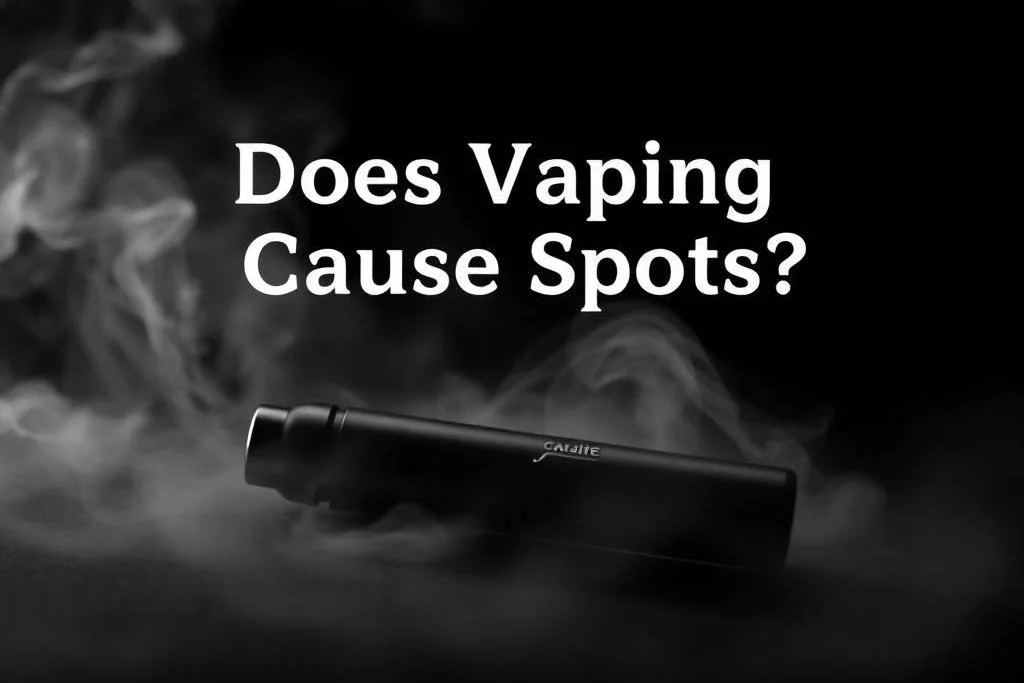
Areas Most Affected by Vape-Related Breakouts
Some vapers report breakouts in specific areas:
- Face – Around the mouth, chin, and jawline (areas exposed to vape aerosol)
- Neck and chest – Possibly from residual vape chemicals or sweat/oil buildup
- Back – In some cases, hormonal or sweat-related acne triggered by vaping
Is It Just Vaping, or Something Else?
It's important to distinguish between correlation and causation. If you’ve recently started vaping and noticed skin changes, it may be coincidental—or it might be a result of other contributing factors like diet, hygiene, makeup use, or hormonal changes.
Dermatologists generally recommend tracking your skincare habits, hydration levels, and stress to determine whether vaping is a likely contributor.
How to Minimize the Risk of Spots When Vaping
If you vape and are concerned about breakouts, here are some practical tips:
- Stay hydrated to counteract the dehydrating effects of PG.
- Use non-comedogenic skincare products to avoid clogged pores.
- Clean your face regularly, especially after vaping.
- Cut back on nicotine strength if you're using high-nicotine e-liquids.
- Practice good hygiene—regularly clean your vape mouthpiece and avoid touching your face.
- Consult a dermatologist if breakouts persist or worsen.
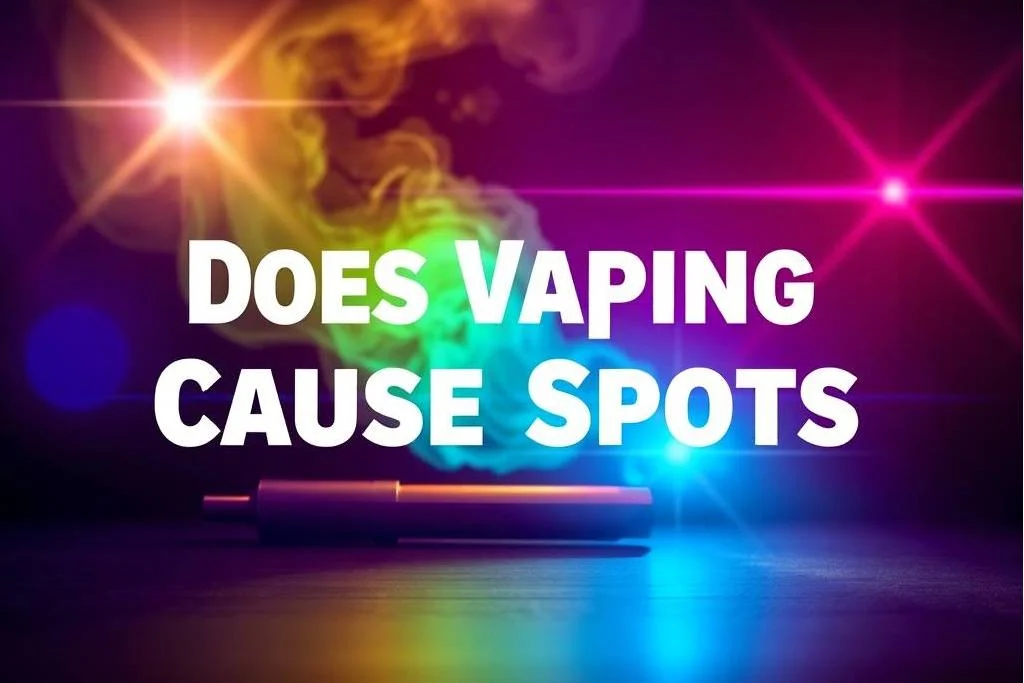
Conclusion
While vaping is not officially recognized as a direct cause of spots or acne, there are plausible links between e-cigarette use and skin issues due to nicotine, dehydration, inflammation, and hormonal changes. If you're experiencing breakouts after taking up vaping, it’s worth considering how your vaping habits—and related lifestyle factors—might be affecting your skin.
If skin health is a top priority, reducing or quitting vaping, adjusting your skincare routine, and seeking professional dermatological advice could help minimize breakouts and restore your complexion.
FAQs
1. Can quitting vaping help clear up my skin?
Yes, many users report improvements in skin clarity after quitting or reducing vaping. Reduced nicotine levels and inflammation may contribute to fewer breakouts.
2. Does vaping without nicotine cause acne?
Even nicotine-free e-liquids can lead to dry skin due to PG and VG content, potentially contributing to breakouts in some users.
3. Can vaping cause hormonal acne?
Nicotine may influence hormone levels, potentially triggering acne in hormonally sensitive individuals.
4. Are there any skin-safe e-liquids?
All e-liquids are designed for inhalation, not for contact with skin. While some may contain fewer irritants, none are proven to be skin-friendly.
5. Should I stop vaping if I have acne-prone skin?
If you're concerned about worsening acne, consider switching to lower-nicotine e-liquids, improving hydration, and consulting a dermatologist.
TABLE OF CONTENTS
- Can Vaping Cause Acne or Spots?
- 1. Nicotine and Skin Health
- 2. Hormonal Imbalances
- 3. Dehydration and Dry Skin
- 4. Inflammation and Oxidative Stress
- 5. Lifestyle Factors
- Areas Most Affected by Vape-Related Breakouts
- Is It Just Vaping, or Something Else?
- How to Minimize the Risk of Spots When Vaping
- Conclusion
- FAQs
